The workplace is entering a new era where AI agents managing teams is no longer science fiction—it’s the next step in digital transformation. The future of AI management will see intelligent systems taking on roles once reserved for human leaders, handling scheduling, data analysis, and even elements of decision-making.
What started as AI decision-making tools for simple tasks like assigning workloads or tracking performance metrics is now evolving into AI-driven performance management systems capable of evaluating employee engagement and predicting burnout. These tools use vast amounts of data to identify inefficiencies and recommend improvements faster than any human could.
In this new landscape of artificial intelligence in leadership, managers won’t be replaced—they’ll be redefined. AI agents will take over administrative burdens, freeing human leaders to focus on creativity, empathy, and strategic innovation. This collaboration between automated team leadership systems and humans represents the next generation of workplace synergy.
However, the shift toward AI managers in the workplace raises important questions. How do employees respond to feedback from a machine? Can algorithms truly understand context, tone, and emotion? The balance between efficiency and empathy will define the success of this transformation.
Forward-thinking organizations are already experimenting with hybrid management models. AI systems track productivity trends, while human leaders interpret the results, applying empathy and nuance. This blended approach could eliminate bias, promote fairness, and foster trust across teams.
Still, the conversation of human vs AI leadership styles is far from over. Humans excel at intuition and emotional intelligence; AI excels at data precision and pattern recognition. Together, they can create a workplace where decisions are both informed and compassionate.
As future workplace automation trends continue to expand, leadership will no longer be about control—it will be about coordination. The best leaders of tomorrow will be those who know how to manage not just people, but intelligent systems as well.
The rise of AI decision-makers isn’t a threat to leadership—it’s an opportunity to evolve it.



